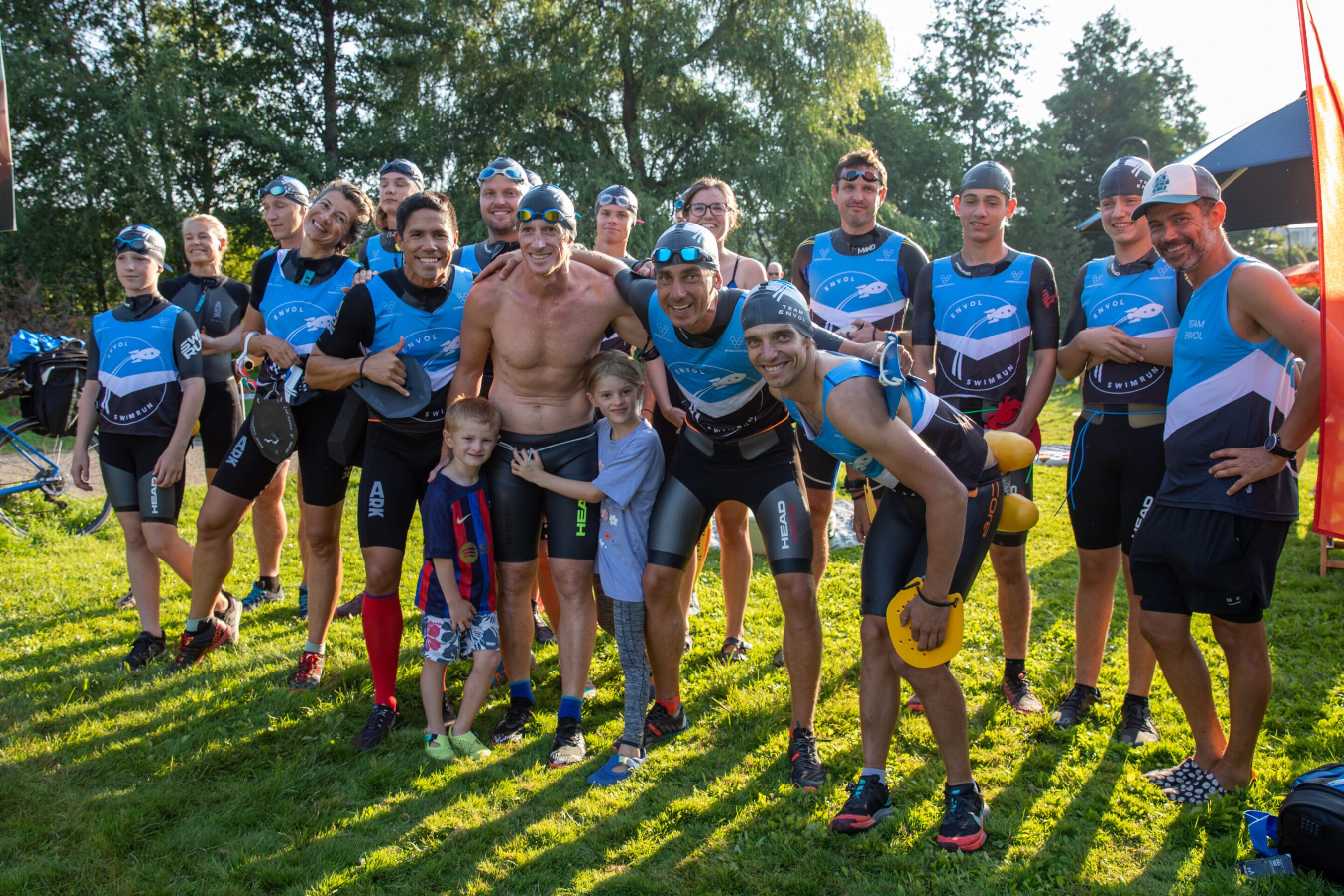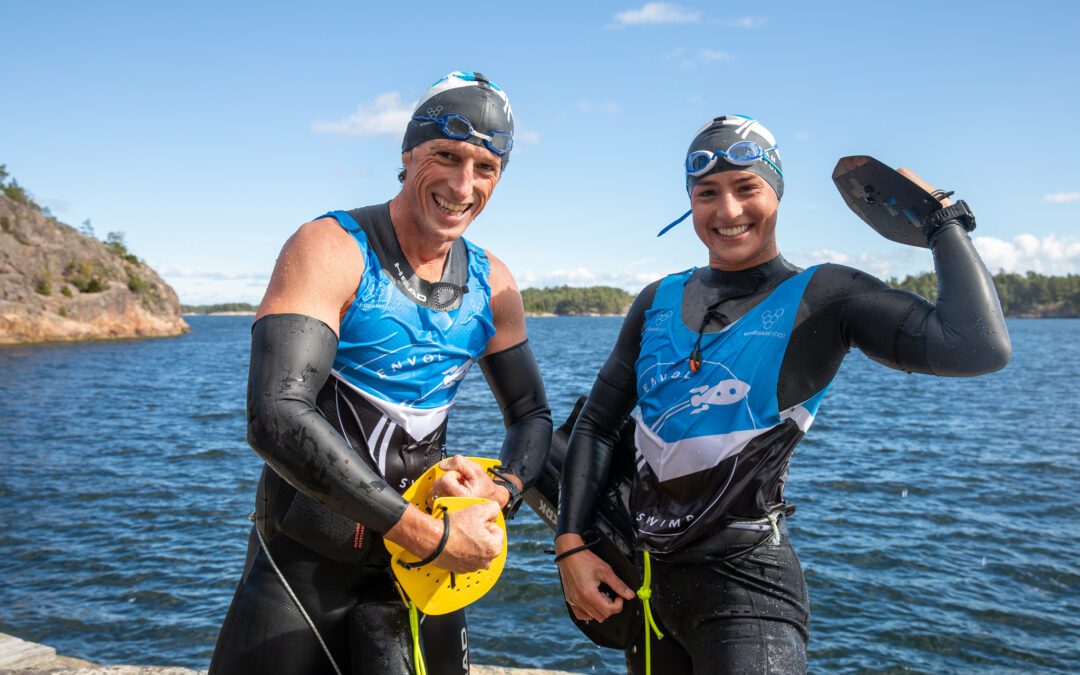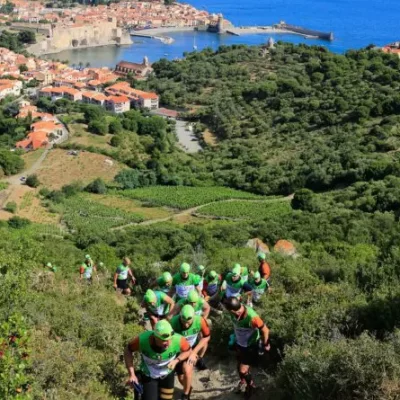Written by coach Tom Jenkinson
Do we need to train differently?
There was a post in one of my triathlon communities asking for a women-specific training plan as it was quote “different from training programs often made for and by men”.
I am not sure I agree with a broad statement that women-specific training is different from training programs often made for and by men, so let’s explore.
Although there are differences in physiology, the key question is how do these differences impact training and what adaptations would they necessitate?
I believe good coaches (including some men) create training programs that are either specifically tailored for an individual or adaptable to an individual of either sex.
There are certainly polarising debates on male versus female training approaches (Stacy Sims springs to mind) … but specifics, like the argument for differences in carbohydrate substrate oxidation, have not been backed up by the latest research. At first look, the results from male and female groups were different but when the groups were normalised for weight and work output (power/pace) they saw more variation in the male or the female groups than between them!
What about the menstrual cycle?
Another possible factor would be the menstrual cycle, as there are phases where fluid and sodium are retained and other phases where there are losses. But the question is are these differences clinically significant to the extent that hydration can be generalized to say it is truly different between men and women, and the scientific evidence is inconclusive.
The researchers will be the first to admit that more testing and larger samples are necessary, but it brings me back to the principle of individualization.
Even on the subject of peak performance, where women have a generic disadvantage in some markers like VO2 Max and upper body strength, but equally there are many, many, women in my training communities that outperform men in these markers because basically they have trained better.
So is there any evidence that women should train fundamentally differently from men? Nothing that I have seen or read would make me believe that this is an irrefutable fact. The physiological systems that lead to good endurance sports performances are the same and therefore the way to improve them is the same.
That doesn’t mean that individual factors such as sleep quality or sweat rate should not be considered, but whether the cause is a woman’s perimenopausal symptoms or a man’s general lifestyle, they are both equally valid factors for a coach to consider. Equally, advice to menopausal women to increase protein intake and do strength training is just as valid for men of the same age.
Another consideration would be diet and training response during the stages of the menstrual cycle but that also seems highly individual. I asked a coach of a UCI Women’s Pro Cycling Cofidis team what they did. He told me that a few adjusted their nutrition plan but most followed the same “generally good nutrition” principles as the men. …

Have fun and train hard!
Did you know that Envol also provides single discipline plans for distance running and open water swimming? For more information contact info@envolcoaching.net






